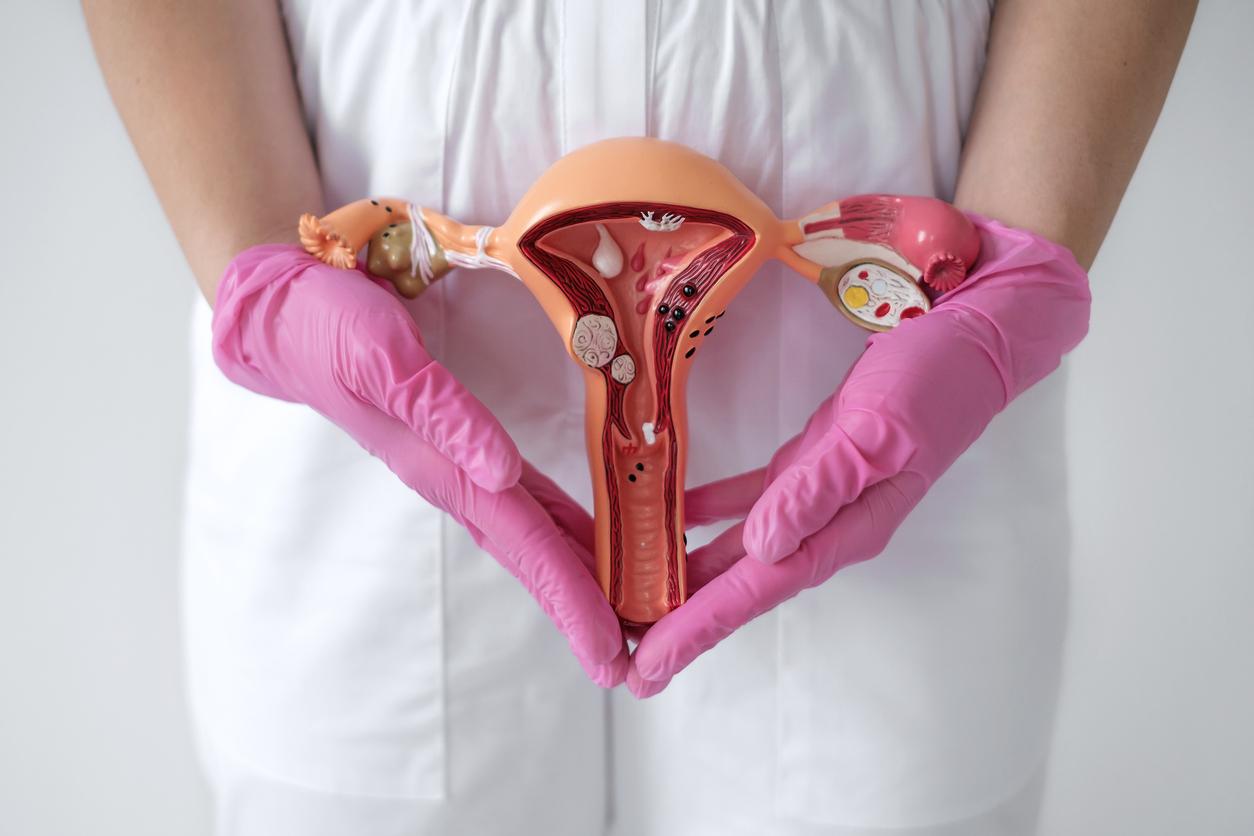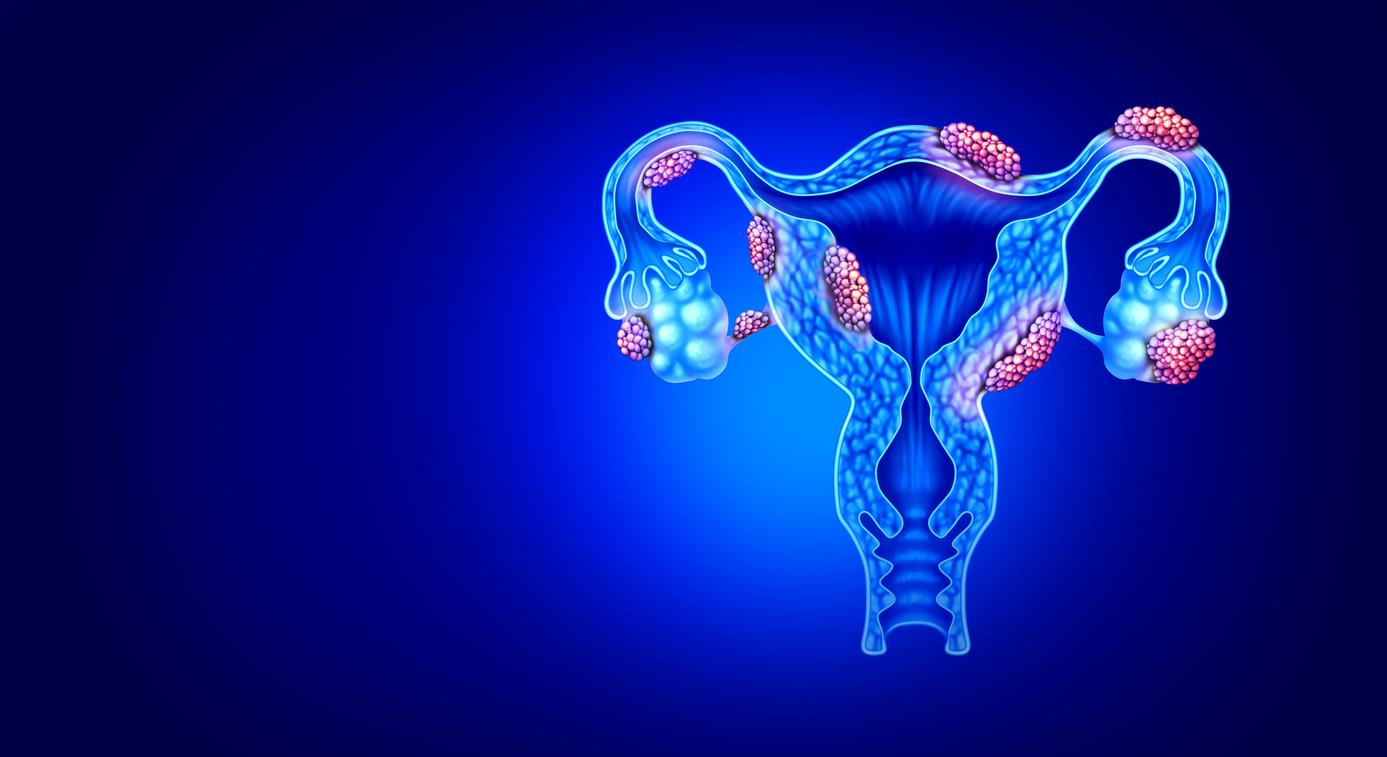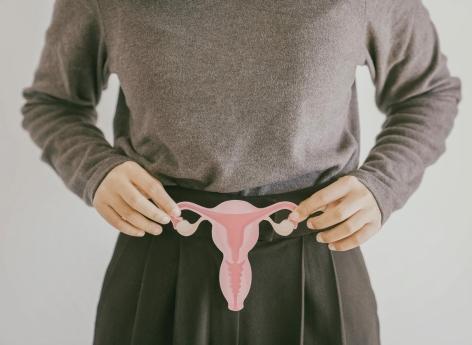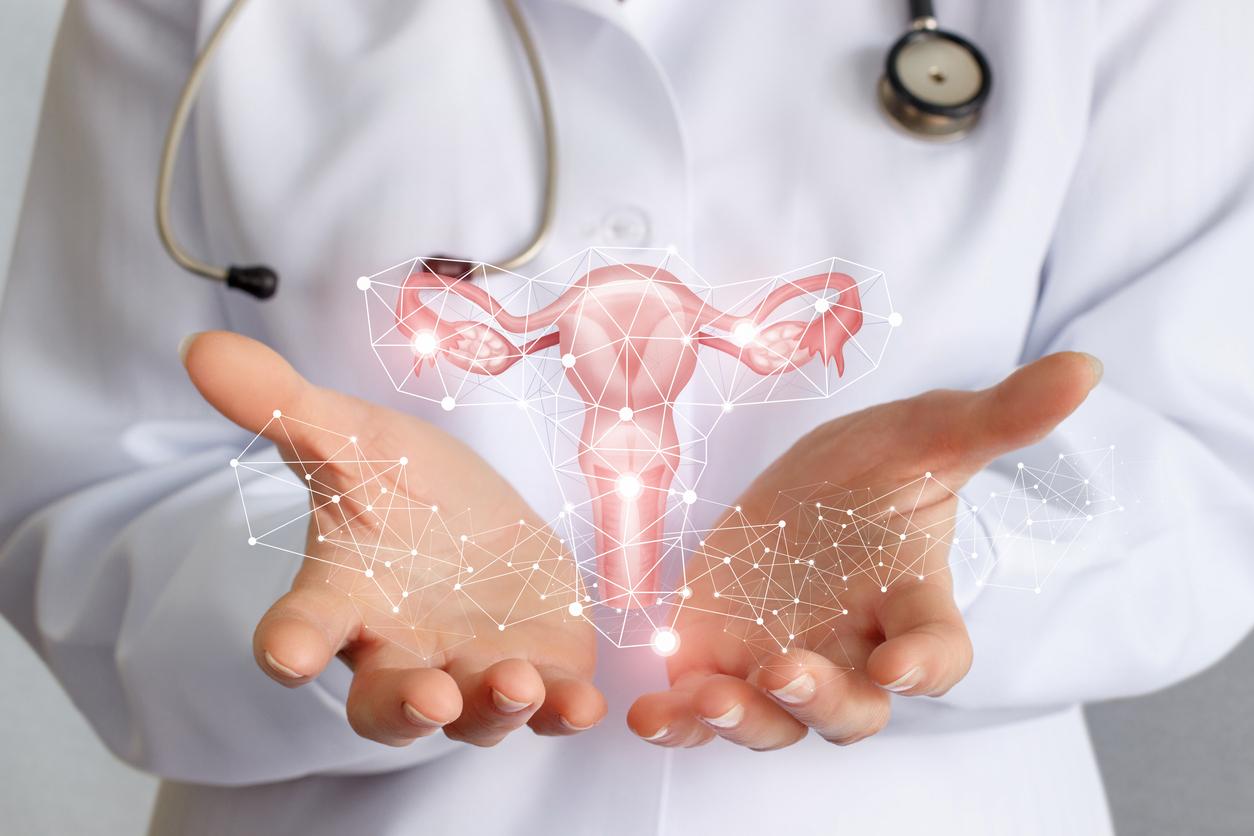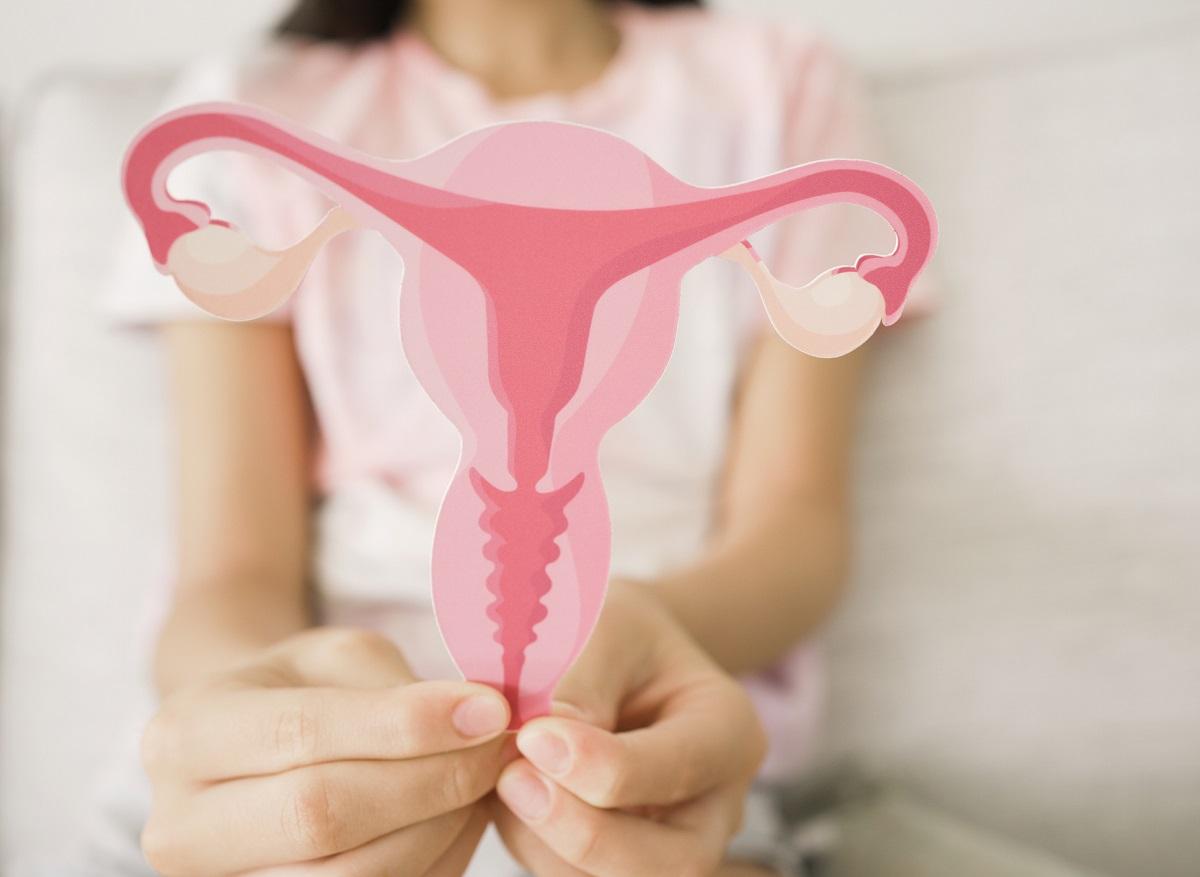This year the 10th congress of the endometriosis and uterine disorders society took place in Geneva. Why Doctor handed his microphone to certain international specialists in the field.

- Endometriosis is, according to Reproductive Medicine, a benign gynecological pathology which affects 2.1 to 4.2 million women in France and 6 to 10% of women of childbearing age.
- This disease does not kill but significantly degrades the quality of life in its most severe forms and affects fertility.
- Beyond women’s health, the pain it causes and the risk on the ability to conceive naturally, other more societal aspects concern this disease.
10%. This is the official, worldwide number of women with endometriosis. Most certainly much more… Because, yes, silent forms of the disease exist: “Symptoms can vary greatly. Some women may have only mild symptoms or no symptoms at all, while others may have severe symptoms. Most often the disease is diagnosed in a context of desire for pregnancy or infertility. Let us remember in this regard that almost 40 to 50% of infertile women are infertile because of endometriosis.”, confirms Professor Sofiane Bendifallah, gynecologist expert in endometriosis and gynecological cancers.
In other words, even if the disease is discreet, it is not inactive.
Endometriosis can be transmitted
“Endometriosis can have a hereditary component. Women whose mother or sister has endometriosis have a slightly higher risk of developing the disease”, continues Professor Bendifallah. The exposure of pregnant women to toxins (see: endocrine disruptors present in many cosmetics) can also be a risk factor for the development of endometriosis in their daughters, as can congenital anomalies of the uterus (inducing so-called retrograde periods) or the presence of twins during pregnancy causing high estrogen levels. Conversely, it has been shown that smoking during pregnancy reduces the risk of endometriosis later in the life of female fetuses through a process of inhibition of estrogens and ultimately could inhibit the development of endometriosis. Beware of tobacco, which causes serious delays in fetal development!
A disease that widens the gap in discrimination
This is what Hannah WU, Head of the Women’s Rights and Gender Section at the Office of the United Nations High Commissioner for Human Rights in Switzerland, wanted to put on the table: “The right to health depends on a range of other rights and impacts on the enjoyment of other rights. There are many intersecting forms of health discrimination: those who face multiple forms of discrimination and the most marginalized – migrant women, rural women with disabilities, women living in poverty, women in detention, etc.”
All this will only lead to a delay in diagnosis and inadequate management of the disease, lack of awareness and education about endometriosis. Those already struggling with poverty or discrimination may be even more vulnerable to the disabling effects of the disease.
Clearly, any form of discrimination, whatever it may be, can worsen the difficulties faced by women with endometriosis, by limiting their access to health care, reducing their awareness of the disease and certainly affecting the quality of life, fertility, production at work, efficiency in studies, in social relationships…
An avant-garde France
Avant-garde since 2005 by considering the disease as a long-term condition, called ALD 31, specific to endometriosis. It allows 100% reimbursement of care linked to the pathology.
20 years later, things continue to move forward: “Saliva tests represent a real revolution in the diagnosis of endometriosisspecifies gynecologist Sofiane Bendifallah, offering numerous advantages: a reduction in the diagnosis time the elimination of the need for laparoscopy, an early and precise diagnosis, increased objectivity in relation to imaging examinations and an optimization of the course of patients suffering from endometriosis and ‘infertility.”And for good reason, Ziwig, a Lyon start-up behind the endotest, has implemented its “Ziwig Lab”, the first molecular medical biology laboratory specializing in the analysis and sequencing of salivary RNA in the world dedicated to women’s health, in New Aquitaine.
The 100% reimbursement, from January 2025, of the saliva test for endometriosis in France will ultimately make France a leader in the fight against endometriosis for all women by improving access to early diagnosis, reducing waiting times, by promoting equal access to health care, by enabling informed decisions (particularly on fertility and improving quality of life) and by raising awareness of this disease.
The explosion of FemTech
Menstrual cycle monitoring applications, connected contraceptive devices, pregnancy monitoring applications, services and other products to help manage menopausal symptoms or even the latest sexual health technologies are now taking full advantage of the global women’s health landscape.
Endometriosis has taken the same turn: menstrual cycle monitoring application offering a special functionality for women with endometriosis, symptom monitoring tool applications, pain management assistance, participation applications in different studies and cohorts for scientific research, platforms for exchanging experiences of women with endometriosis or even more recently, the creation of a portable object using electrical impulses to relieve pain.
The hashtag #endometriosis (mainly used by a French-speaking audience) on Tiktok has more than 56,000 videos, #endometriosis (for English speakers this time) has more than 260,000 videos on the subject, combining testimonials from patients and a good number of doctors explaining disease.
And all this represented, in the first quarter of 2022 alone, at least $1.7 billion in investment globally.










